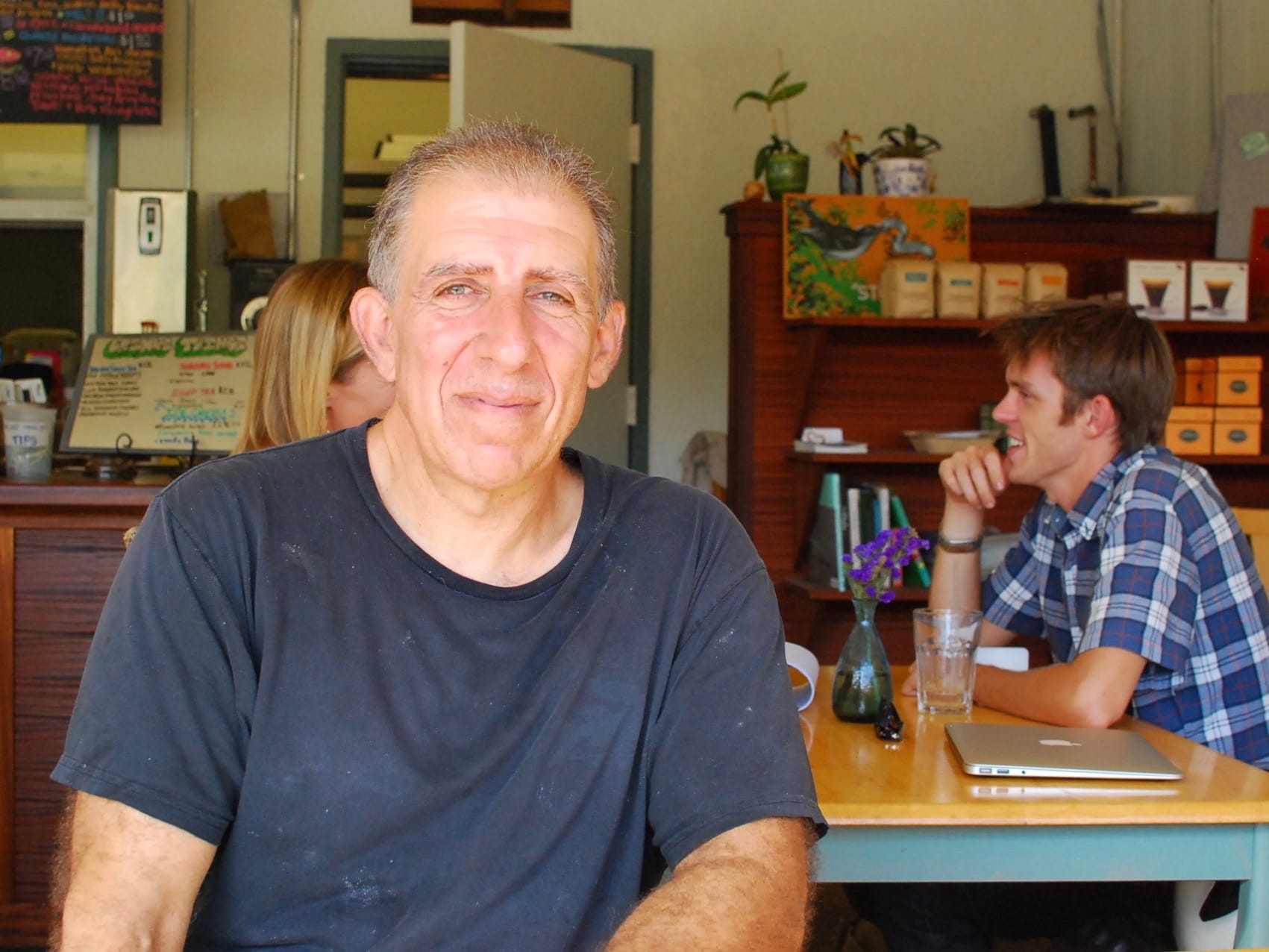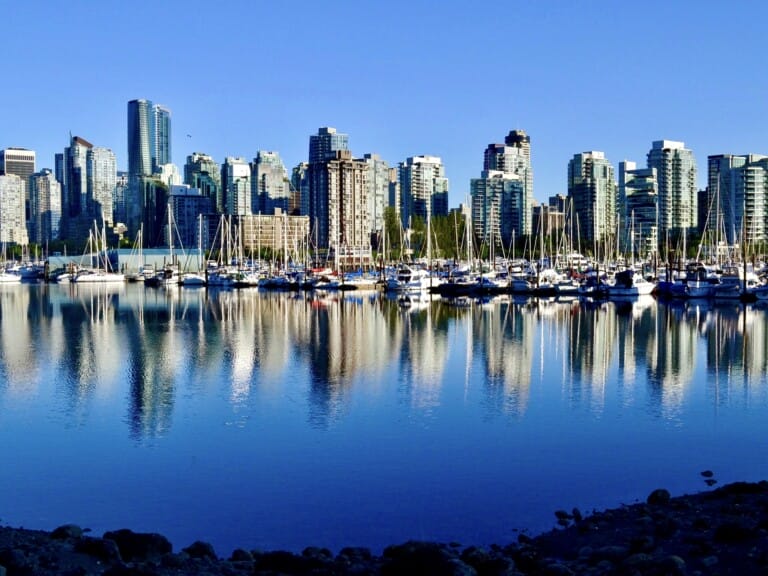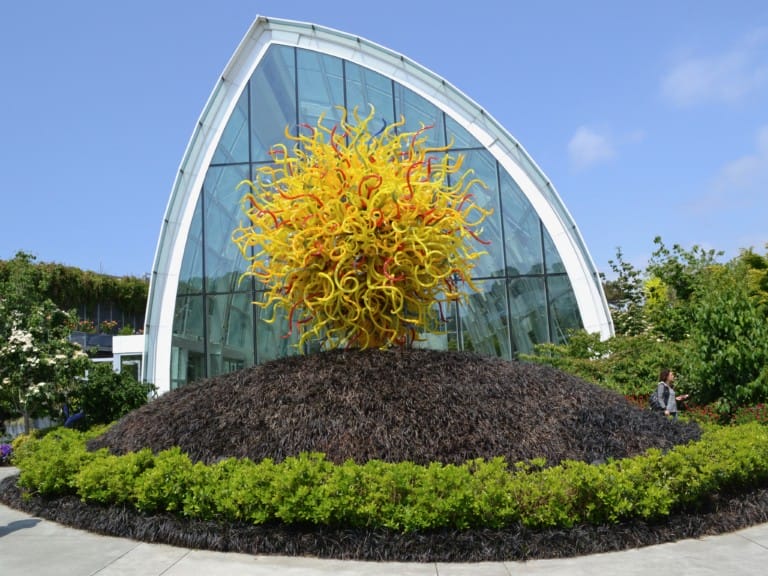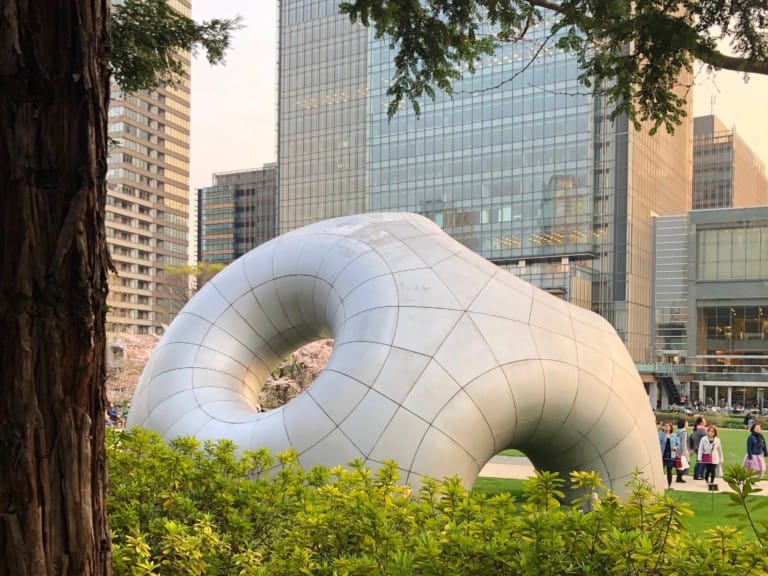Chicago native and longtime Starbucks exec Eric Rose opened Morning Glass Coffee + Café in the summer of 2011 in Honolulu’s residential Mānoa Valley. One year after our first Morning Glass experience, Rose shared caffeinated insights during a brief break.
Josh Lurie: Is Morning Glass a coffeehouse with good food or a café with good coffee?
Eric Rose: A coffeehouse with good food is the way I would think of it, first and foremost. We set out to bring truly outstanding coffee to Honolulu and to Hawaii, and wanted to have great food with it. Coffee was the first part of the equation.
JL: Why do you think it’s so hard to find good food in coffeehouses?
ER: There are a few reasons. One, I think it’s a somewhat different mindset of people who are seriously interested in coffee and thinking about coffee, and people who are seriously interested in food. Similar, but very different types of people, and somehow the two rarely come together. This was an opportunity, because I feel passionately about both, that I could do both at the same time.
JL: We were over at Whole Ox today and Robert McGee was talking about his connection to you and his connection to this place. [McGee and his wife worked at Morning Glass before opening Whole Ox.]
ER: Right.
JL: Seems like a really tight-knit community.
ER: It is. There are a lot of people who are really interested in food and interested in trying to make it be a better, more interesting food community, and make available better quality foods, better local foods, with a real focus on artisan prepared foods and artisan made products. For a long time, a lot of people said that all of Hawaii is not interested in that…It’s more a matter of circumstance, that so much of the local restaurant scene here developed around the tourist trade. Unfortunately, to some degree, that involved lowest common denominator being the driving force in a lot of cases. People that are hungry for great food, hungry for great coffee, great drinks, and people have been very, very warmly receiving of what we’re doing, and now others like Whole Ox and Prima and He’eia Pier. People really appreciate the effort that’s made when great products are prepared well.
JL: At what point did you know you would work with coffee for a living?
ER: I started working with coffee longer ago than I’d like to think about. Probably started with coffee in about 1985. That’s over 25 years ago, and I’ve been involved in it in one fashion or another since then. It’s one of those things I sort of fell into and at least tangentially stayed with all these years.
JL: Would you say that you’ve had any coffee mentors over the years?
ER: I don’t know so much as mentors as I’ve had really good work relationships and friendships with people, but I’ve never looked at it really as a mentor situation. Certainly the opportunity to work with the people at Starbucks in the old days, when it was a small privately owned company, a small company that was basically just Seattle based, that was an opportunity that is hard to beat. I don’t know that any of the new wave coffeehouses, coffee roasters, could be any more passionate about coffee than the early Starbucks people were. It was truly all about coffee all the time, and I learned an immense amount.
JL: What’s your favorite aspect about operating a coffee related company?
ER: I suppose aside from being able to drink and serve great coffee, if done right, it’s bringing in people to appreciate the product, to appreciate the coffee, the food, develop a sense of community.
JL: What’s the biggest challenge?
ER: The biggest challenge is making money.
JL: What will it take for the Honolulu coffee culture to become great, if it isn’t already?
ER: I think it’s on the road to getting there. Shops like this – and there are some other nice coffee shops around – it’s just a matter of developing an interest in coffee beyond the tourist trade in Kona coffee. There are lots of people – this shop is a great example – who are truly interested and appreciate great coffee. We’ve tried very hard not to be the prototypical West Coast coffee shop in terms of attitude about coffee, in terms of being overly geeky about coffee, in terms of wanting to convert the world. We’re not trying to convert anybody, we just want to make a great cup of coffee. I love to talk about coffee, people love to talk about the different regions that coffees are from, different properties. I love talking about why we don’t dark roast coffee, but the bottom line is what we’re really interested in is people drinking great coffee. I think it’s that kind of attitude that’s going to hopefully make a difference and create different for consumers for great coffee. We have a lot of customers who don’t care about where the coffee’s from in particular. That’s not what they’re interested in, but they love the coffee. They’re willing to wait for the coffee. They’re willing to pay more for each cup that we brew individually. They love it, and do they want to know more about it? Not really. They just like the fact that we do it and make it great. That’s what’s important. That creates more demand for a great product. There are other coffee shops that have opened since we’ve been here that have really made an effort to do pourover coffee, trying to up the quality.
JL: Describe a typical coffee consumption day for you.
ER: It depends on the day, but I get in here at about 5:30 in the morning – to start baking and get everything ready – and I usually try to delay my first cup for an hour or two just so I can get some relief after awhile. I usually start about 7 o’clock, almost always drip coffee, but sometimes an Americano. I really prefer drip coffee when I have the option. Then, depending on my mood and depending on how hot it is in the kitchen, I’ll have an iced coffee later in the day, or something along those lines, but I don’t drink a whole lot of espresso at this point, and we make great espresso soda, so I’ll have an espresso soda. Sometimes an iced Americano. But usually by mid day, it’s too hot for me to drink hot coffee in the kitchen because it’s got to be running a 100+ degrees in there.
JL: Fun. Do you ever make coffee at home?
ER: Yes I do, though lately I’ve been here so much and come in so early that I haven’t been, but when I do I either brew with a Clever cone or an Aeropress. Once in awhile a French press.
JL: If you could only have one more shot of espresso, who would you let pull it for you?
ER: Me.
JL: If you couldn’t do it?
ER: That’s not a good question to ask. I don’t have a good answer for you. Actually, honestly, pretty much any one of my baristas would be fine. I’d be happy with it. Everybody pours great. Until they can pour great shots, they don’t serve customers, so any of my main people would be fine. They make me drinks all the time and I’m happy with them.









Blog Comments
はじめての母娘ハワイ#3: 絶対に行ってほしいマノアフォールズ | ちいさく暮らす、たのしく過ごす
April 8, 2017 at 3:21 AM
[…] Interview: coffee pro Eric Rose (Morning Glass Coffee+Café) […]